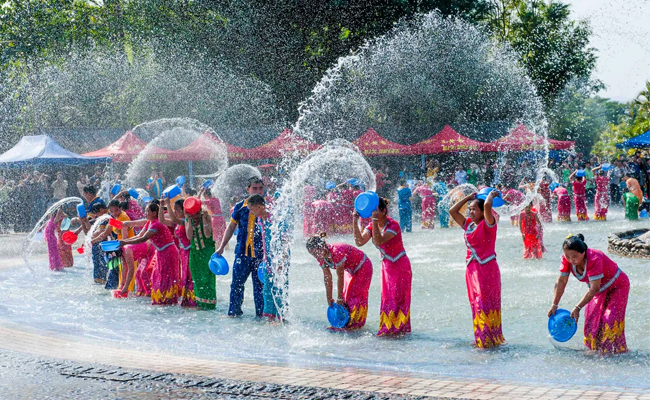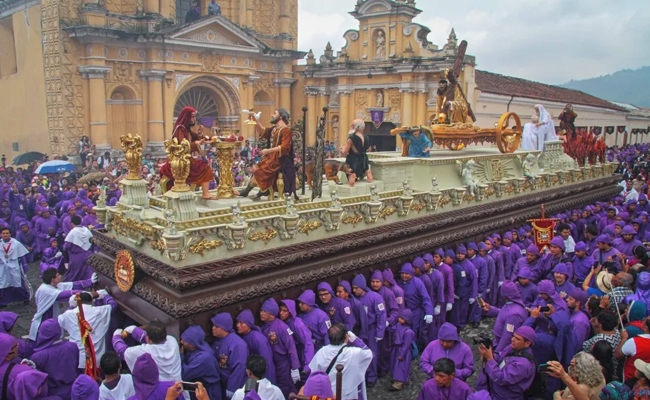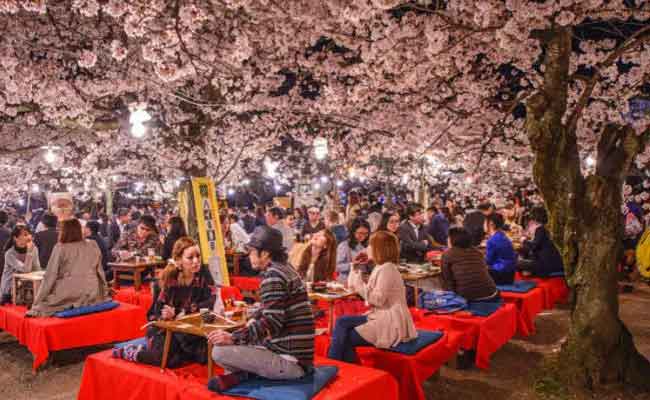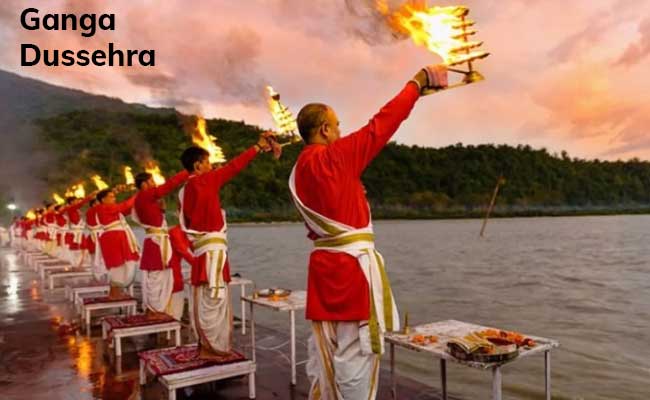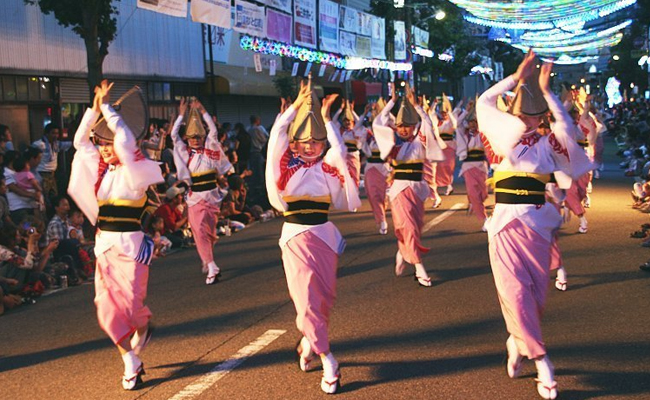Songkran Festival: The Water Festival of Thailand
Songkran, also known as the Water Festival, is a traditional festival celebrated in Thailand, Laos, and Cambodia. It is the Thai New Year and is celebrated annually from April 13th to April 15th. The festival is known for its lively water fights and elaborate parades, and is a time for people to cleanse themselves of the past year and welcome in the new year. Let’s take a closer look at Songkran and its rich traditions.
History and Origins of Songkran
The origins of Songkran can be traced back to ancient Hindu traditions that were brought to Southeast Asia by Indian traders. The festival was originally a time to honor the gods and to ask for blessings for the coming year. Over time, the festival evolved to include Buddhist traditions and became the Thai New Year.
Celebrations and Traditions of Songkran
Songkran is a time of joy and celebration, and is known for its elaborate water fights and parades. Some of the common traditions include:
- Water fights: One of the most popular traditions of Songkran is the water fights. People take to the streets with water guns, buckets, and hoses to drench each other with water. The water is believed to wash away bad luck and to bring good luck for the coming year.
- Buddha processions: Many communities hold parades and processions during Songkran. These parades often feature Buddha statues that are carried through the streets, accompanied by music and dancing.
- Cleaning: Another important tradition of Songkran is cleaning. Many people use the festival as a time to clean their homes and temples, and to donate to charity.
- Paying respects to elders: Songkran is a time to show respect for one’s elders. Younger people pour scented water over the hands of their elders as a sign of respect and to receive blessings for the coming year.
- Eating traditional foods: Many traditional foods are associated with Songkran, such as khao chae, a dish made with rice soaked in jasmine-scented water and served with side dishes.
Meaning and Significance of Songkran
Songkran is a time to cleanse oneself of the past year and to welcome in the new year. The water fights and cleaning traditions are meant to wash away bad luck and to bring good luck for the coming year. The festival is also a time to show respect for one’s elders and to connect with family and friends.
In addition to its cultural and religious significance, Songkran is also a major tourist attraction in Thailand. Many visitors come to Thailand specifically to participate in the water fights and to experience the festive atmosphere.
Challenges and Controversies of Songkran
While Songkran is generally a time of joy and celebration, there are some challenges and controversies associated with the festival. One of the main concerns is safety, as the water fights can become rowdy and dangerous. There have been instances of people being injured or even killed during Songkran.
Another issue is water conservation, as the water fights can lead to a significant amount of water being wasted. Some communities have implemented regulations to limit the amount of water used during the festival, and to encourage people to use recycled water.
Conclusion
Songkran is a vibrant and colorful festival that celebrates the Thai New Year. It is a time to cleanse oneself of the past year and to welcome in the new year with joy and celebration. The festival is known for its lively water fights, parades, and traditional foods, and is a time to connect with family and friends. While there are some challenges and controversies associated with the festival, it remains an important cultural and religious tradition in Thailand.
![]()

